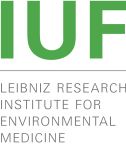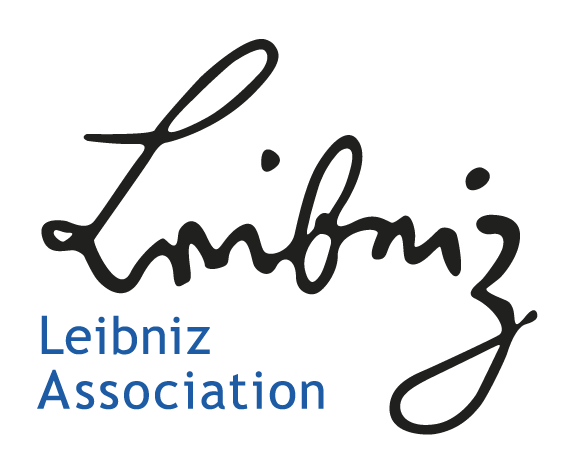Our junior research group focuses on developing and applying biostatistical methods to tackle diverse environmental health challenges. With the increasing availability of high-dimensional biomedical data, we pursue an interdisciplinary approach that integrates methodological statistics, scalable algorithms and biomedical expertise.
Our interdisciplinary projects span from genomics to clinical medicine and environmental epidemiology. We develop statistical methods for both fine-scale biomolecular data (e.g., single-cell RNA sequencing data) and large-scale epidemiological data (e.g., cohort studies). This integrative approach, from cellular to population levels, enables a comprehensive analysis of genetic and environmental factors, aiming to better understand disease mechanisms and improve personalized preventive and public health strategies.
Large and high-dimensional data from molecular and cohort studies come with hundreds of thousands of included cells or individuals, and thousands or millions of genetic and environmental variables. To address the need for interpretable models and uncertainty quantification, we develop scalable statistical learning methods for variable selection, estimation and prediction, including regularized regression, boosting and Bayesian approaches. A special focus is on polygenic risk score modelling to predict health outcomes, aiming to improve their currently limited generalizability across diverse populations. Additionally, we develop flexible regression modelling approaches, including spatial and temporal effects to model disease patterns in populations.
Junior group leader:
Christian Staerk




